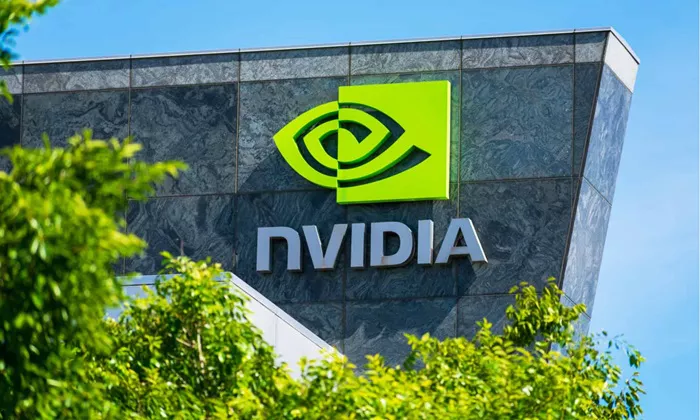Nvidia Corporation, renowned for its advancements in graphics processing units (GPUs) and artificial intelligence (AI), is now turning its attention to the health care industry. With its latest initiatives, Nvidia aims to leverage AI technology to drive significant transformations in health care, promising to enhance diagnostics, streamline operations, and ultimately improve patient outcomes. As Nvidia ventures into this new frontier, the implications for the health care sector are substantial.
Nvidia’s Foray into Health Care: An Overview
Nvidia’s entry into the health care industry marks a significant strategic shift for the company. Historically known for its contributions to gaming and high-performance computing, Nvidia is now applying its AI expertise to address some of the most pressing challenges in health care. The company’s innovative solutions aim to leverage its advanced computing power to process vast amounts of medical data, enhance imaging technologies, and support personalized medicine.
Transforming Diagnostics with AI
One of Nvidia’s key objectives is to revolutionize diagnostics through AI-powered solutions. By utilizing its advanced GPUs and AI algorithms, Nvidia is working to improve the accuracy and efficiency of medical imaging. AI can analyze complex imaging data, such as MRI and CT scans, with remarkable precision, aiding in early detection of diseases and conditions. This technological advancement has the potential to significantly reduce diagnostic errors and accelerate treatment planning.
Streamlining Health Care Operations
Beyond diagnostics, Nvidia’s AI technologies are poised to streamline various operational aspects of health care. The company’s solutions are designed to optimize workflows, manage patient data, and enhance administrative tasks. By automating routine processes and providing data-driven insights, Nvidia’s AI tools aim to increase operational efficiency and reduce costs within health care facilities.
Advancing Personalized Medicine
Personalized medicine represents another area where Nvidia is making a substantial impact. AI enables the analysis of large-scale genomic and clinical data, allowing for more tailored treatment plans based on individual patient profiles. Nvidia’s technologies are supporting research and development in this field, facilitating breakthroughs in precision medicine that could lead to more effective and individualized therapies.
Challenges and Opportunities in Health Care AI
While Nvidia’s foray into health care presents exciting opportunities, there are also challenges to address. Integrating AI into health care systems requires navigating complex regulatory environments, ensuring data privacy, and achieving interoperability with existing technologies. However, Nvidia’s track record of innovation and its commitment to addressing these challenges position it well to make a meaningful impact.
Conclusion
Nvidia’s ambitious plans to disrupt the health care industry with AI represent a transformative shift in both technology and health care delivery. By enhancing diagnostics, streamlining operations, and advancing personalized medicine, Nvidia is poised to make significant contributions to the sector. As the company continues to develop and deploy its AI solutions, the health care industry stands on the brink of a new era of innovation, promising improved patient outcomes and more efficient health care systems.
Related Topics:

